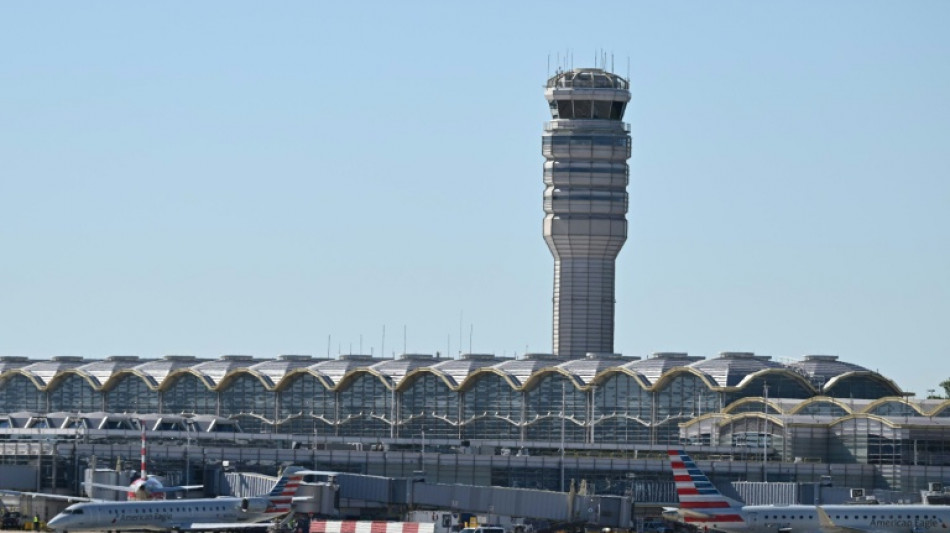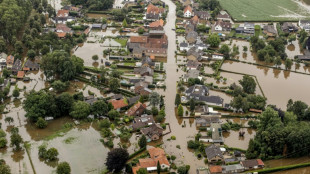

US travel woes mount as govt shutdown prompts flight cuts
Travelers faced mounting uncertainty over air travel in the United States after a directive to decrease flights at dozens of major airports went into effect on Friday.
The reduction has been touted as a solution to overcome air traffic safety concerns related to staff shortages linked to the record-length government shutdown that has dragged on for six-weeks.
The Trump administration ordered airlines to decrease flights at 40 airports, including several major hubs, beginning Friday morning with a four percent reduction that is set to gradually increase to 10 percent next week.
Flight reductions are set to hit some of the country's busiest airports, including in Atlanta, Newark, Denver, Chicago, Houston and Los Angeles.
"This isn't about politics, it's about assessing the data and alleviating building risk in the system," said US Transportation Secretary Sean Duffy, pushing back against criticism that the order aims to increase pressure on Democrats to end the shutdown.
The government shutdown, which began on October 1 and is now the longest in history, has left tens of thousands of air traffic controllers, airport security staff and others without pay.
More than 800 flights scheduled for Friday were canceled, according to tracking website FlightAware, while major carrier American Airlines said in a statement that its scheduled reduction amounts to 220 flight cancellations each day.
Delta Airlines said it was axing about 170 flights scheduled for Friday, while broadcaster CNN reported Southwest Airlines nixed around 100 flights set for that day.
More than 6,800 US flights were delayed on Thursday with some 200 cancellations, FlightAware data showed, with passengers facing long lines at security checkpoints.
Travelers at Boston and Newark airports also faced average delays of more than two hours, and those at Chicago's O'Hare and Washington's Reagan National more than an hour.
Authorities said they wanted to act before an accident occurred.
"We're not going to wait for a safety problem to truly manifest itself, when the early indicators are telling us we can take action today to prevent things from deteriorating," said FAA Administrator Bryan Bedford.
- Peak travel season -
The reduction measures come as the country enters its busiest travel time of the year, with the Thanksgiving holiday just weeks away.
Millions of Americans are likely to face travel chaos amid a shortage of air traffic control personnel, although President Donald Trump's administration sought to reassure people that flying remains safe.
"It's safe to fly today, tomorrow, and the day after because of the proactive actions we are taking," Duffy said on social media late Thursday.
Implementing the order on short notice will be a challenge for airlines.
United Airlines and Delta, two of the country's largest carriers, said they are complying with the order adding that it would not affect their international routes.
United added earlier in the week that "hub-to-hub" flying would also not be affected, indicating cancellations might hit more local routes.
Federal agencies across the United States have been grinding to a halt since Congress failed to approve funding past September 30, with some 1.4 million federal workers, from air traffic controllers to national park rangers, still on enforced leave or working without pay.
Many in high-stress aviation-related jobs are now calling in sick and potentially working second jobs in order to pay their bills, Duffy said Wednesday.
FAA Administrator Bedford said the situation was unprecedented.
"I am not aware in my 35-year history in the aviation market where we've had a situation where we're taking these kinds of measures," he said Wednesday.
Bedford added: "Then again, we're in new territory in terms of government shutdowns."
H.Gill--VC







